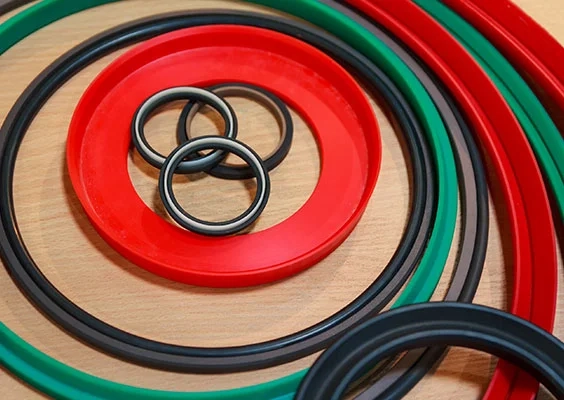-
Homepage
-
Sealing knowledge
- What are EPDM seals?
What are EPDM seals?
EPDM (EPDM seal) is among the most commonly utilized elastomers in industrial and sealing technologies. It exhibits remarkable resistance, durability, and chemical resilience - ideal qualities for a seal. The acronym EPDM stands for ethylene-propylene-diene monomer, M-class.
This synthetic rubber is polymerized from three raw materials and ultimately vulcanized with sulfur or peroxides to develop the elastic properties of ethylene-propylene-diene rubber. The properties of the resultant elastomer are determined by the proportions of ethylene, propylene, and diene. Thus, mechanical parameters such as hardness and elasticity can be precisely adjusted.
Even the application temperature can be affected by the mix ratio. Vulcanization may be performed using either sulfur or peroxide, with peroxide vulcanization yielding a temperature-stable EPDM quality. Frequently, EPDM seals are requested to be self-adhesive on one side, significantly simplifying the installation process. Here at Kofler - Dichtungen, you will find comprehensive information concerning sealing technology
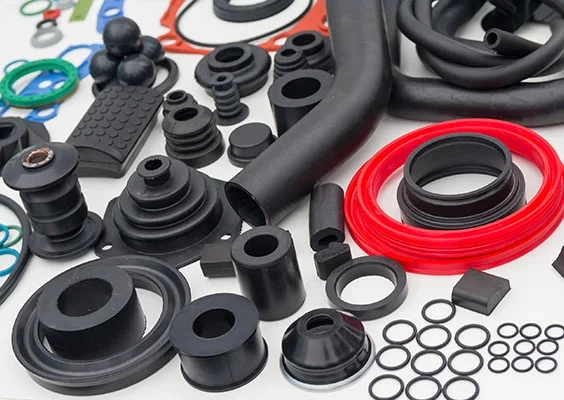
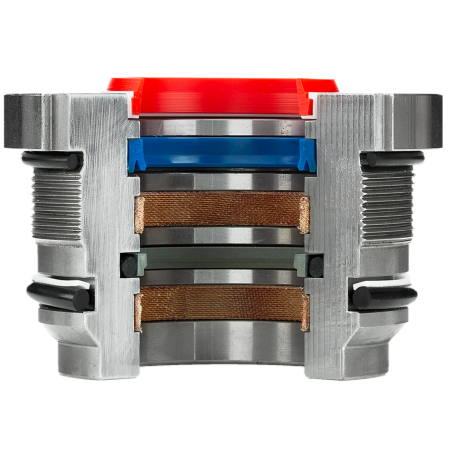
Get in touch with us!
We perform best under pressure! Personalized advice for the highest demands and a fast delivery guarantee ensure your satisfaction. Contact our sealing experts.
We look forward to your inquiry."
What are the advantages of an EPDM seal?
Due to the raw materials used in the production, EPDM is very resistant to polar chemicals such as water, alcohol and glycol. Even aggressive chemicals such as aqueous acids and alkalis can easily withstand EPDM. Organic solvents such as esters and ketones are also compatible with EPDM.
EPDM is very weather-resistant and can withstand atmospheric oxygen, UV light, ozone and temperature fluctuations without damage. This makes it ideal for outdoor use. In addition, EPDM has a very long service life and enables long service lives and long maintenance intervals.
Even very high temperatures are no problem for EPDM. It is suitable for continuous operation at 130°C (266°F) and can therefore also be used in hot water and steam systems. EPDM is also suitable for applications at low temperatures. EPDM retains its elasticity even at temperatures down to about -40°C (-40°F).
The mechanical properties of EPDM are excellent. It is highly elastic, that is, after deformation, it returns to its original shape. It has high elongation at break and tensile strengths.
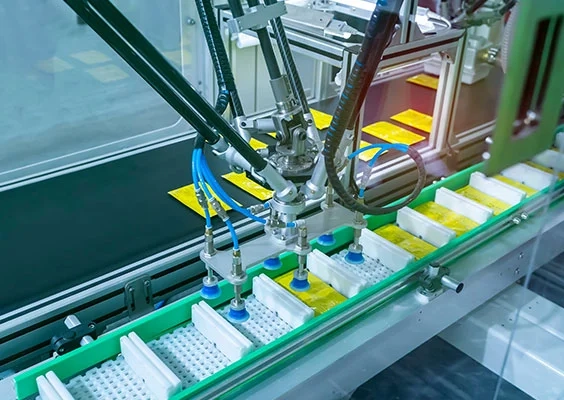
Where is an EPDM seal used?
The advantages of the material EPDM also result in the ideal areas of application for EPDM seals.
Chemical resistance to polar fluids allows for use in hydraulic systems (hydraulic seal and pneumatic seal) operated with glycol or phosphoric acid esters, e.g. brake systems. Read more about What are hydraulic seals.
Due to its stability against hot water and steam, EPDM seals are used in industrial plants, but also in household appliances such as washing machines or dishwashers.
The weather resistance and durability against UV light and ozone make EPDM the ideal material for profile seals in vehicle construction. These properties also make it a popular material for sealing sheets and sealing films in the construction industry.
There are also EPDM grades with FDA approval for the pharmaceutical industry (dosing and packaging systems) and also European approvals for the food sector (e.g. filling of acidic fruit juices) or in the drinking water supply.
At the product level, it is often flat seals or flange seals that are made of EPDM or are desired by our customers. But also sealing washers made of stainless steel, which are provided with an EPDM surface, for example to seal a disassembled flange, are common inserts.
Advantages of an EPDM seal at a glance:
- Chemical Resistance
- Resistance to high pressure
- Ozone resistance
- for high temperature range
- Durability against UV radiation
- Weather resistance
- Food safe
When should EPDM not be used as a sealing material?
EPDM is a remarkably robust and versatile high-performance material. However, despite its numerous positive attributes, caution is necessary in certain applications:
- Oil: Mineral oils deteriorate EPDM, meaning it cannot be used in brake systems with mineral oil-based brake fluids
- Fuels: Gasoline, diesel, and kerosene cause EPDM to swell, which compromises the integrity of both pipes and seals
- High Heat: EPDM reaches its limit at temperatures exceeding 135°C (275°F)
- Cold: EPDM loses its elasticity below -45°C (-49°F)
In such cases, switching to alternative elastomer materials is advisable. For example, NBR, FKM, Viton, or silicone might be more appropriate. Consult with the seal experts at Kofler – Dichtungen for advice – we can find a solution.
If a data sheet or a part number from a standard manufacturer is available, please forward it to us; this allows us to minimize production and delivery times.
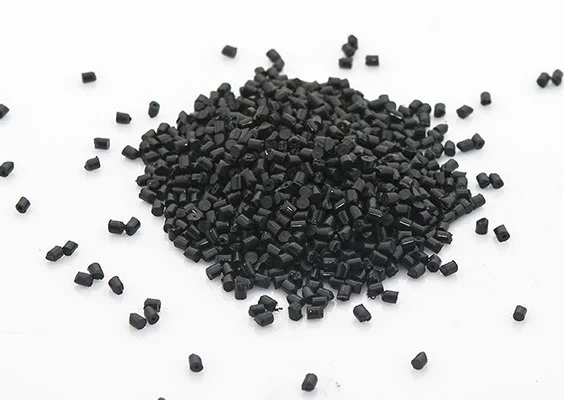
Standard EPDM seals and made to measure
With Kofler - Dichtungen, you get seals made of EPDM according to your requirements. We carry standard seals and gaskets such as flat gaskets, profile seals and O-rings.
In order to meet all areas of application, we also offer custom EPDM seals: we manufacture seals according to your wishes. Contact us, we will be happy to hold a consultation with you and discuss your options, so that you receive a custom-made EPDM seal. At Kofler, you can have your seals custom-made. Other seals in our range are Simmerring seals – contact us directly. We're here to help!
